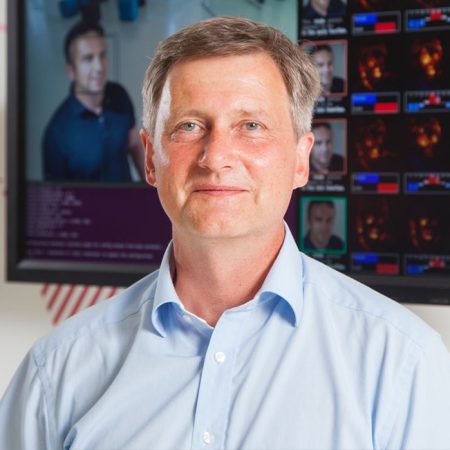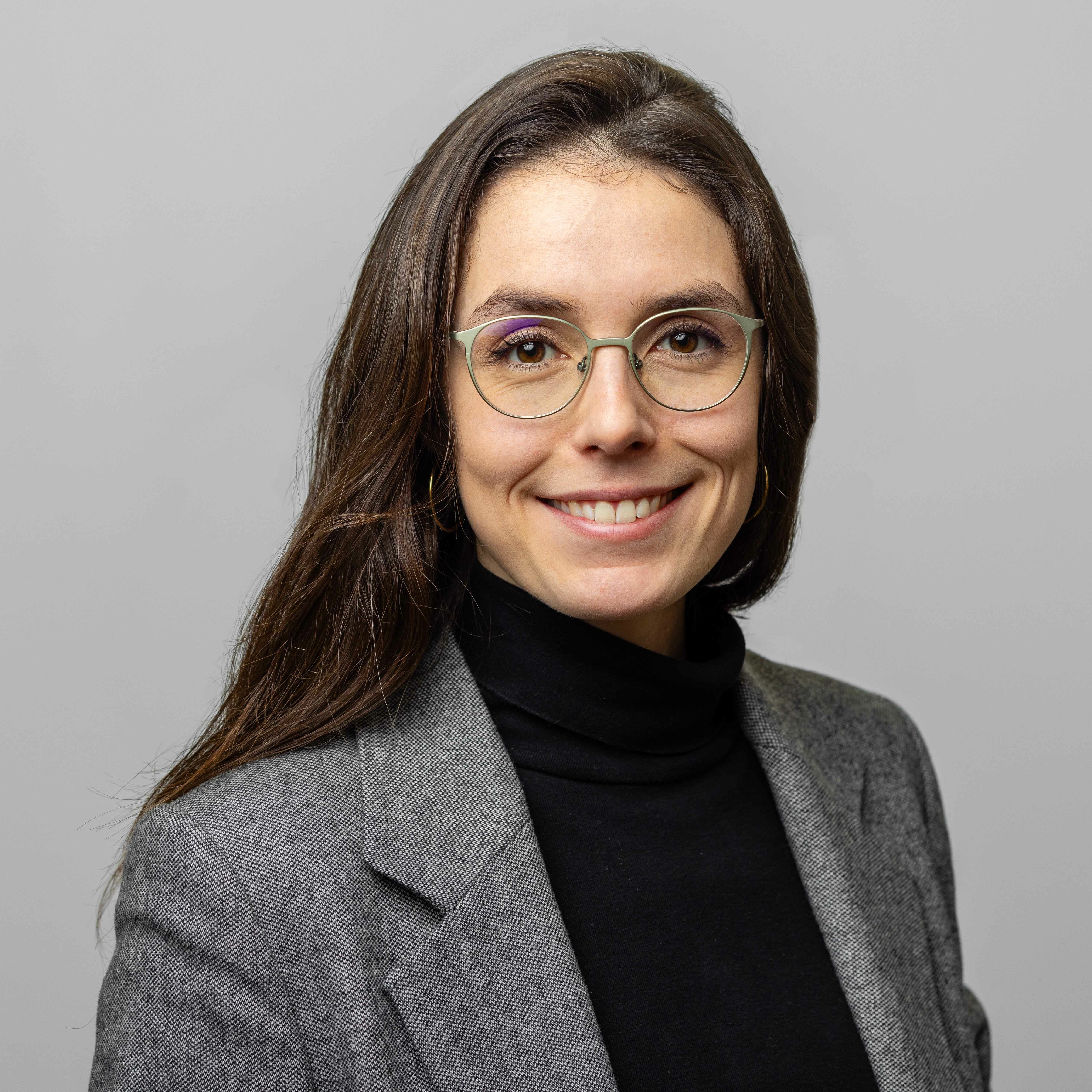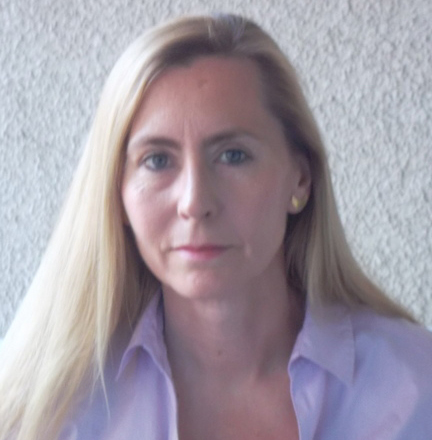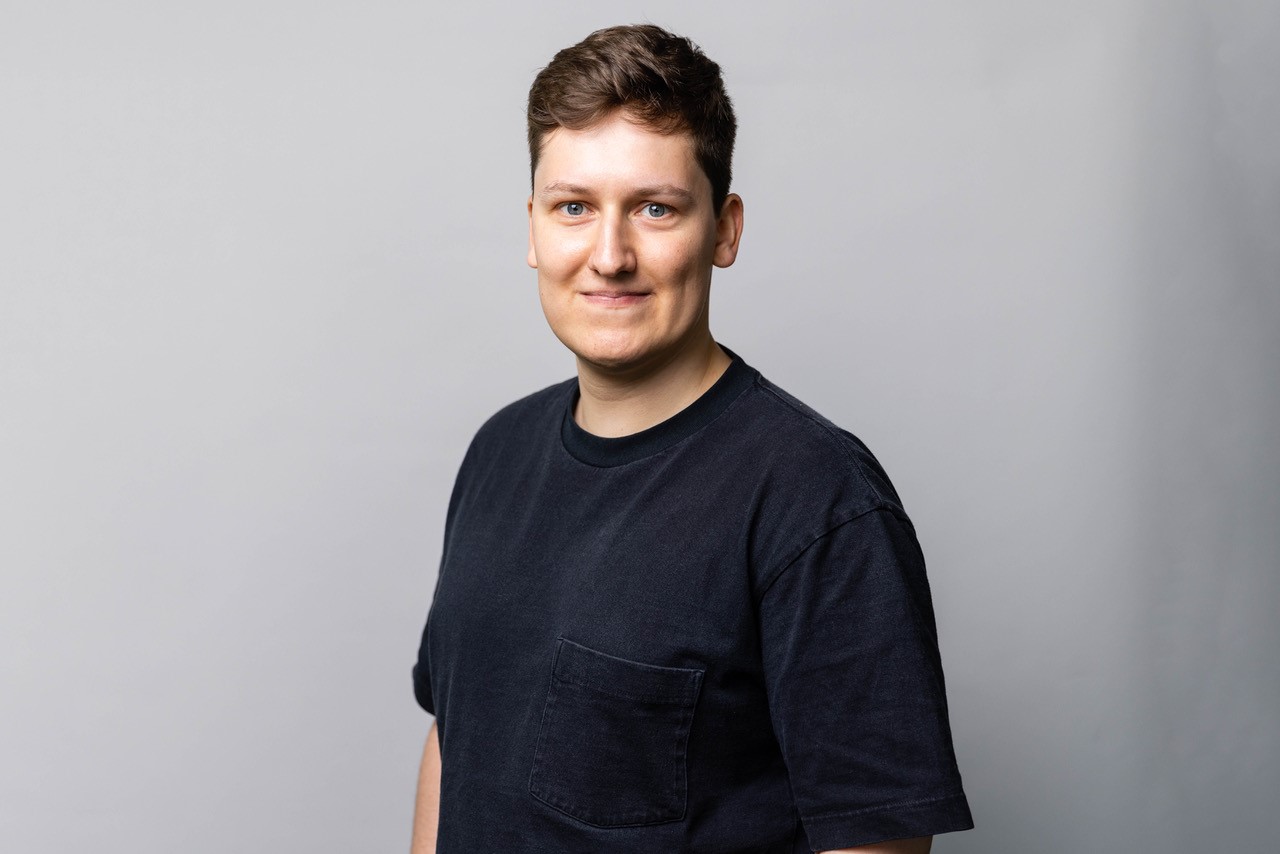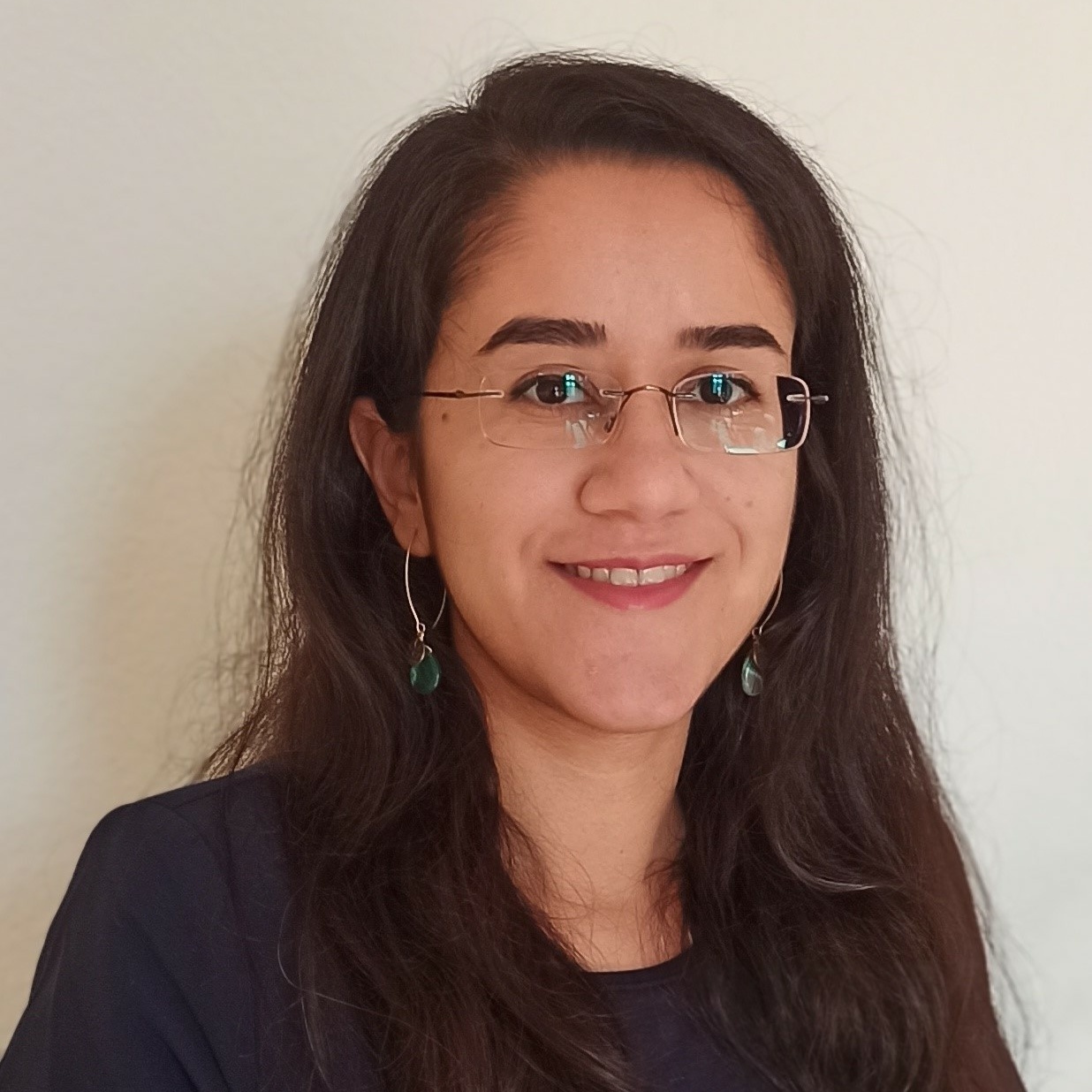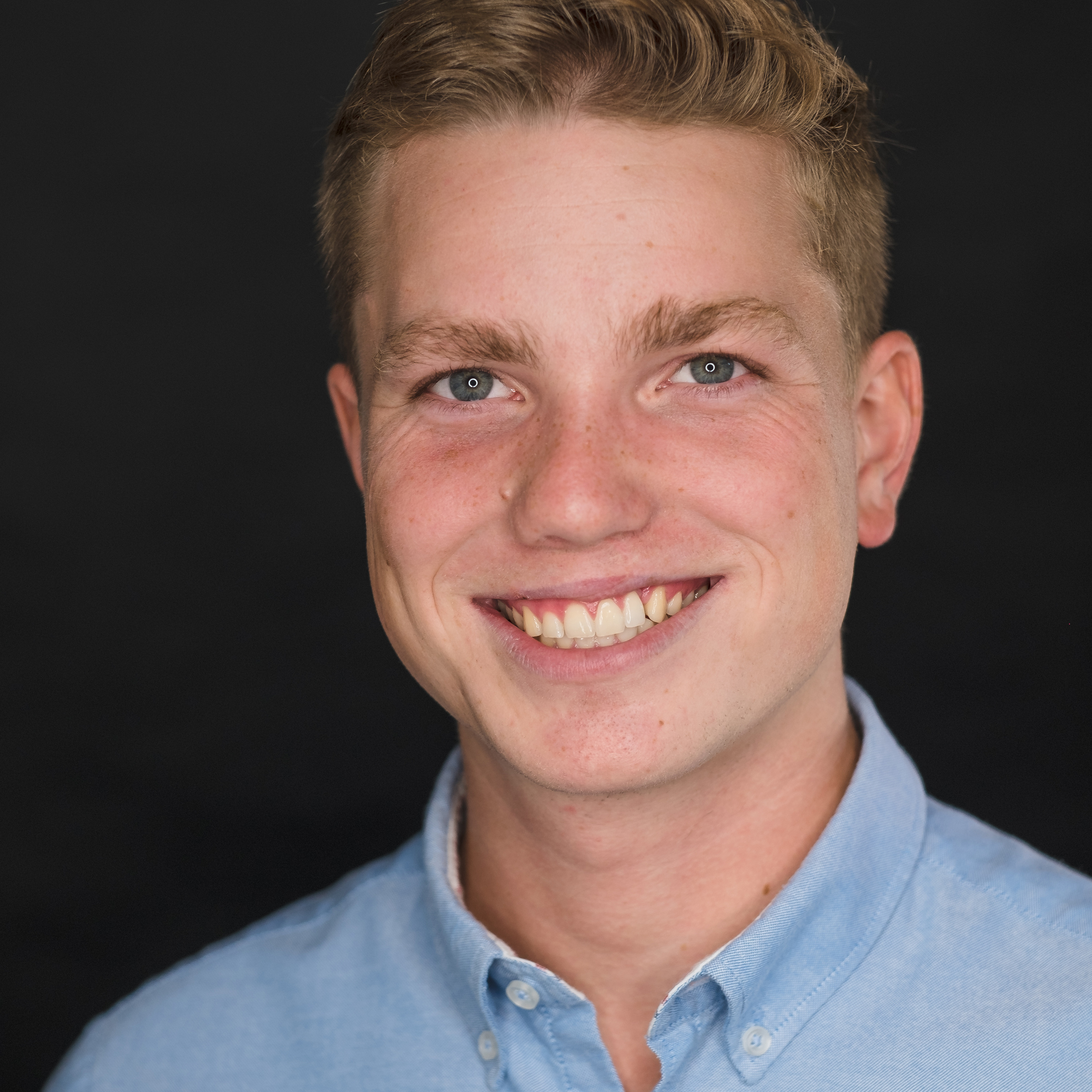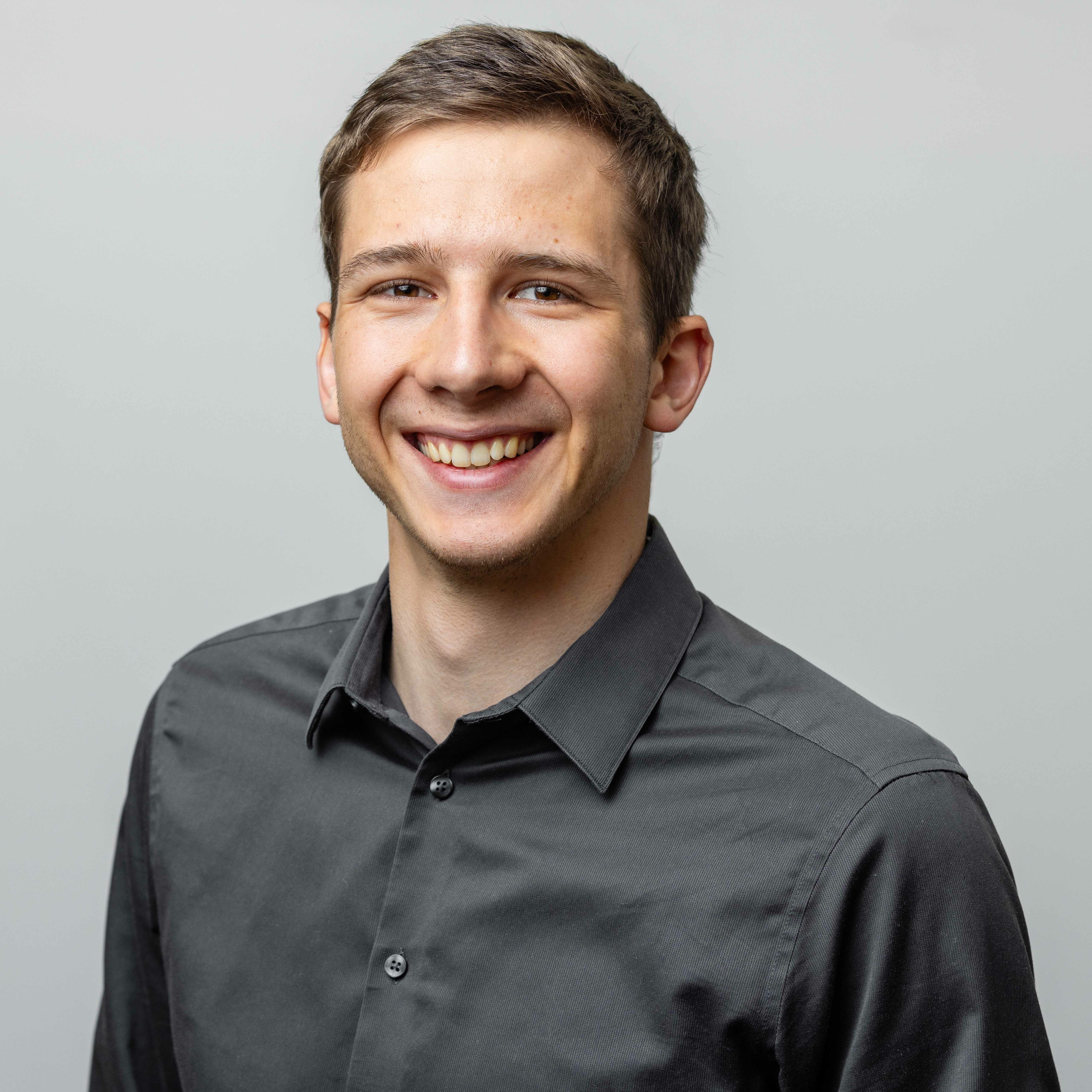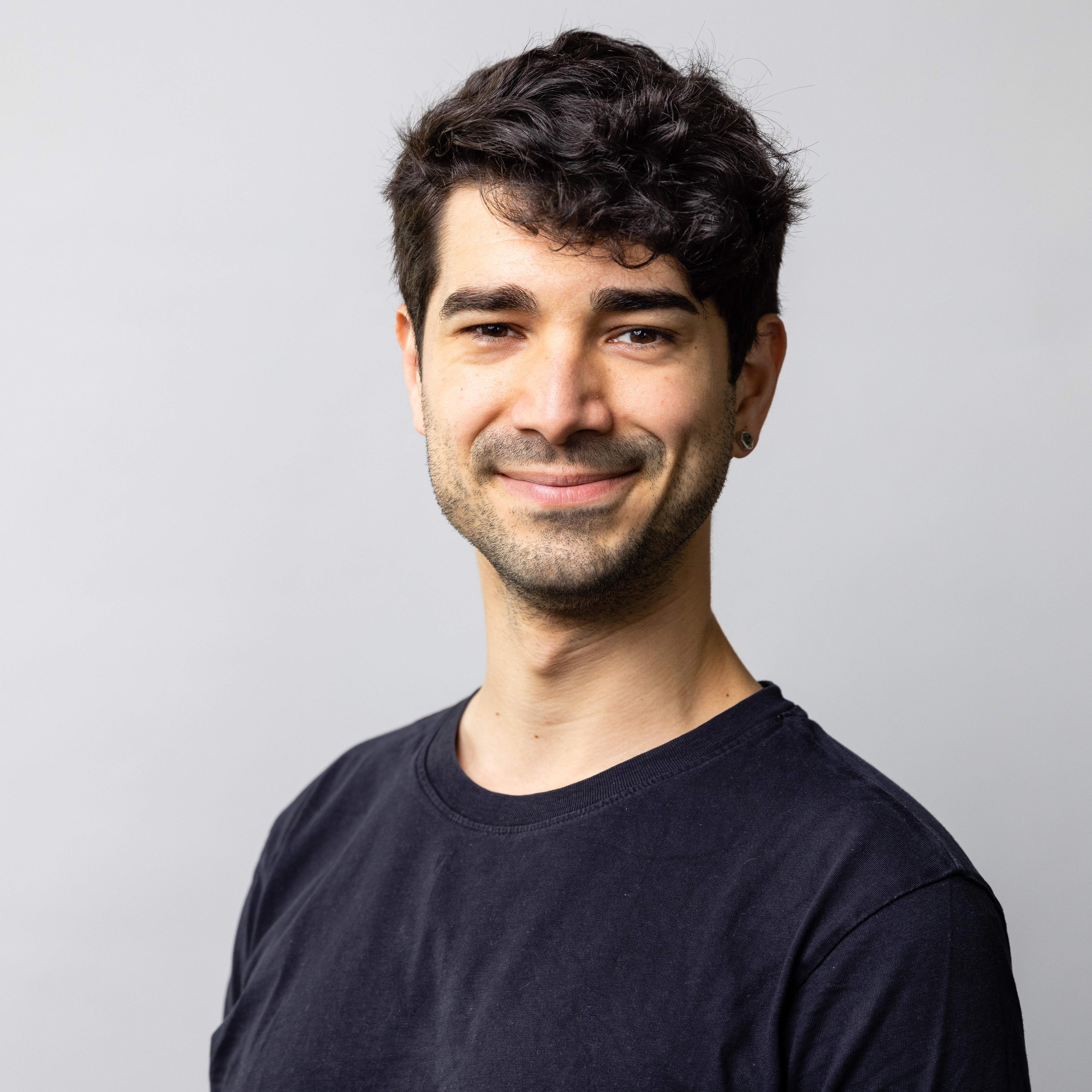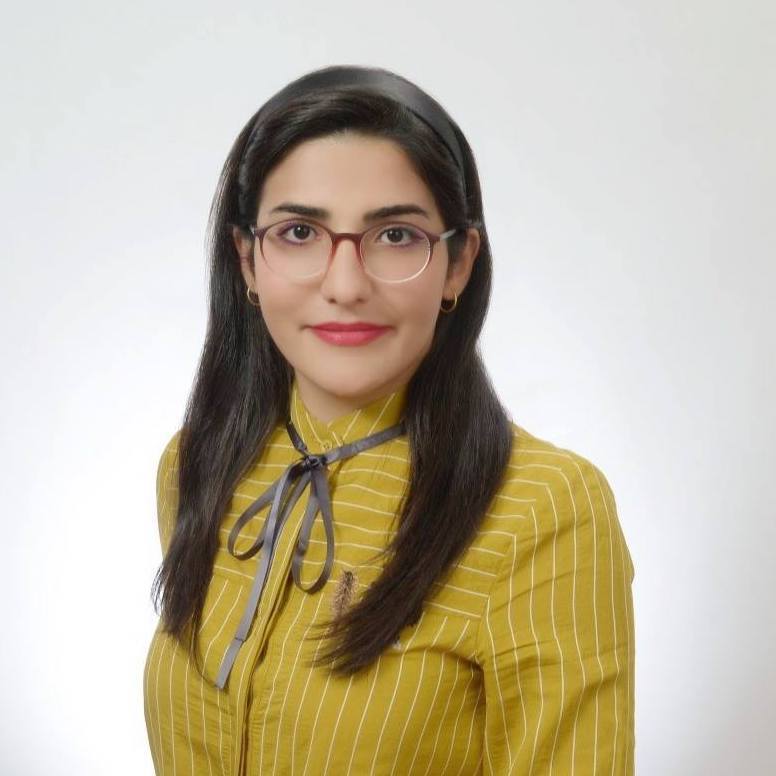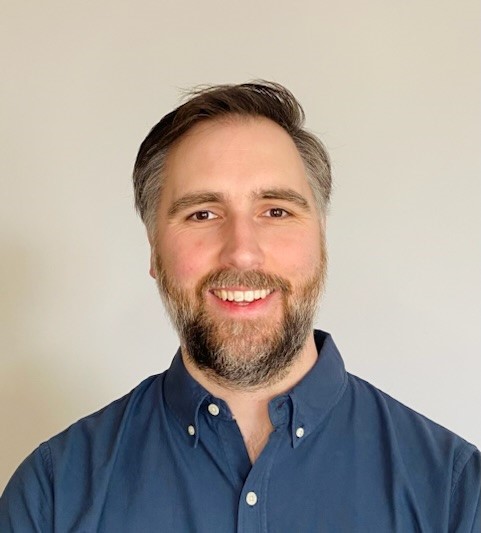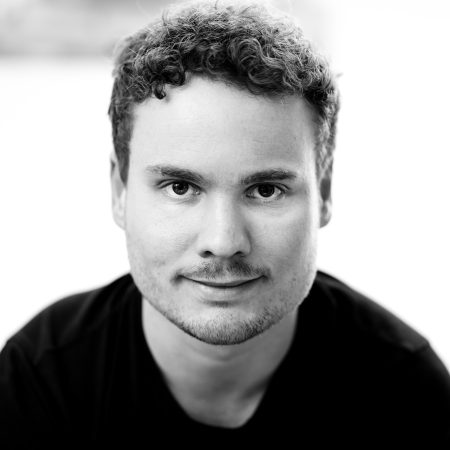

Machine Learning
Lead
Prof. Dr. Klaus-Robert Müller
Technische Universität Berlin
Marchstraße 23,
10587
Berlin
Interpretable ML Methods, Data Modeling, Anomaly Detection
The Distinguished Research Group of Prof. Dr. Klaus-Robert Müller is concentrating on the development of robust and interpretable machine learning methods for learning from complex structured and non-stationary data and the fusion of heterogeneous multi-modal data sources. A special focus lies on the efficient modeling of non-stationary, heterogeneous and structured data sources with deep learning and kernel methods. He and his team also work on theoretically sound incorporation of a priori knowledge from the application domain as well as the detection of anomalies in structured data. The resulting models are expected not only to be accurate, but also to explain their nonlinear decisions, quantify decision uncertainties, and create new knowledge about the studied data. In addition, Klaus-Robert Müller has been pursuing a long history of bringing machine learning into the sciences, which has helped to arrive at genuinely novel insights. In the last decade his attention has focused primarily on quantum chemistry, cancer research as well as computational neuroscience.
Evaluating and supervising vision models with multi-level similarity judgments
Decoupling Pixel Flipping and Occlusion Strategy for Con sistent XAI Benchmarks
Peering inside the black box: Learning the relevance of many-body functions in Neural Network potentials
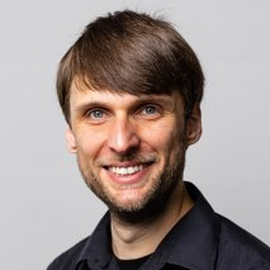
How to remove biases from neural networks
Dr. Christopher Anders was PhD candidate in the Machine Learning group of Prof. Dr. Klaus-Robert Müller. At the beginning of the year 2024 he successfully defended his thesis and has now moved on to become a Postdoc in Japan. Before leaving Berlin, he told us what research topics drive him and where one can find him when he's not sitting in front of the computer.
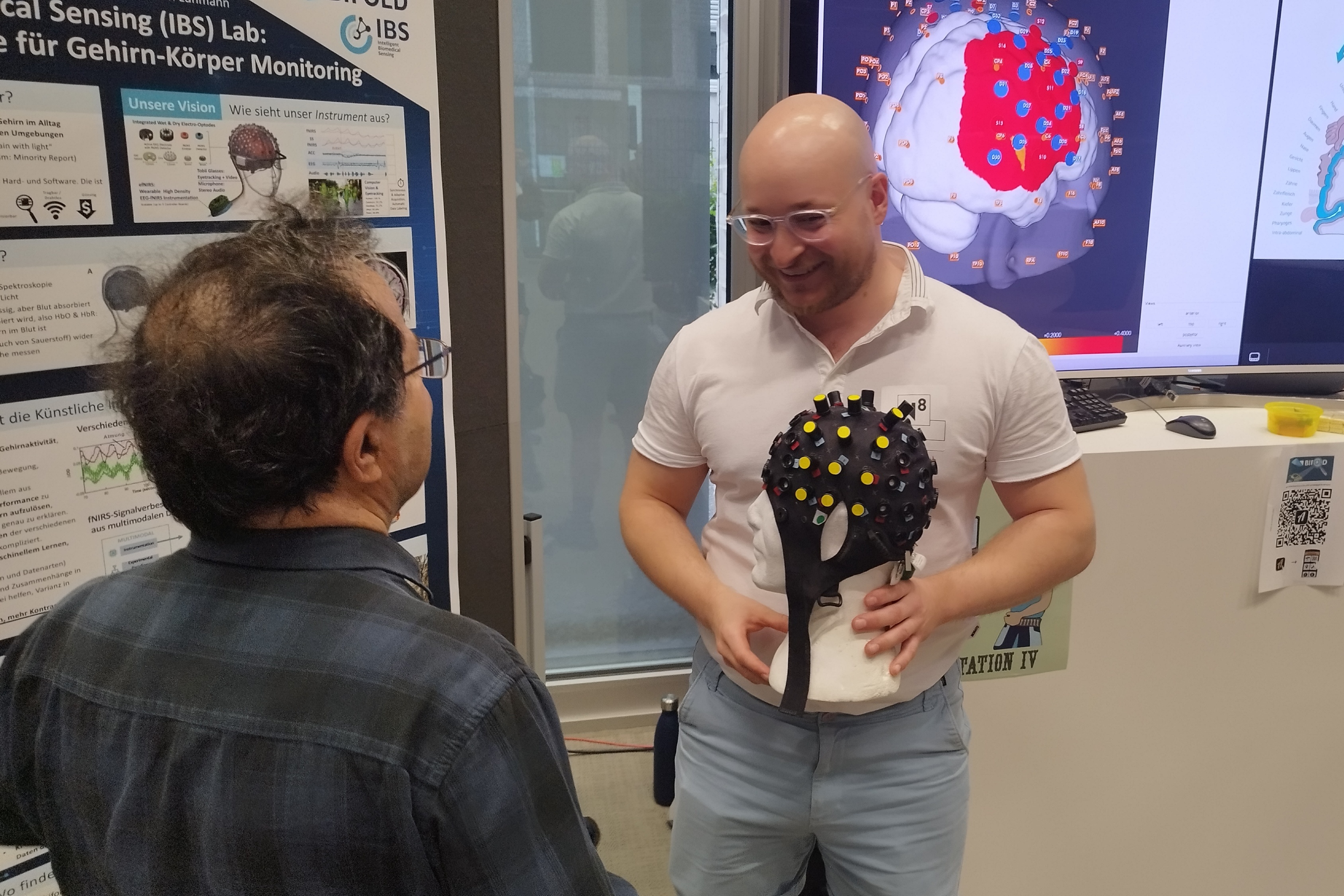
LNDW 2024: BIFOLD KI-scavenger hunt inspires families
During the Long Night of Science, BIFOLD offered a digital scavenger hunt to present complex AI research topics for both young and old.
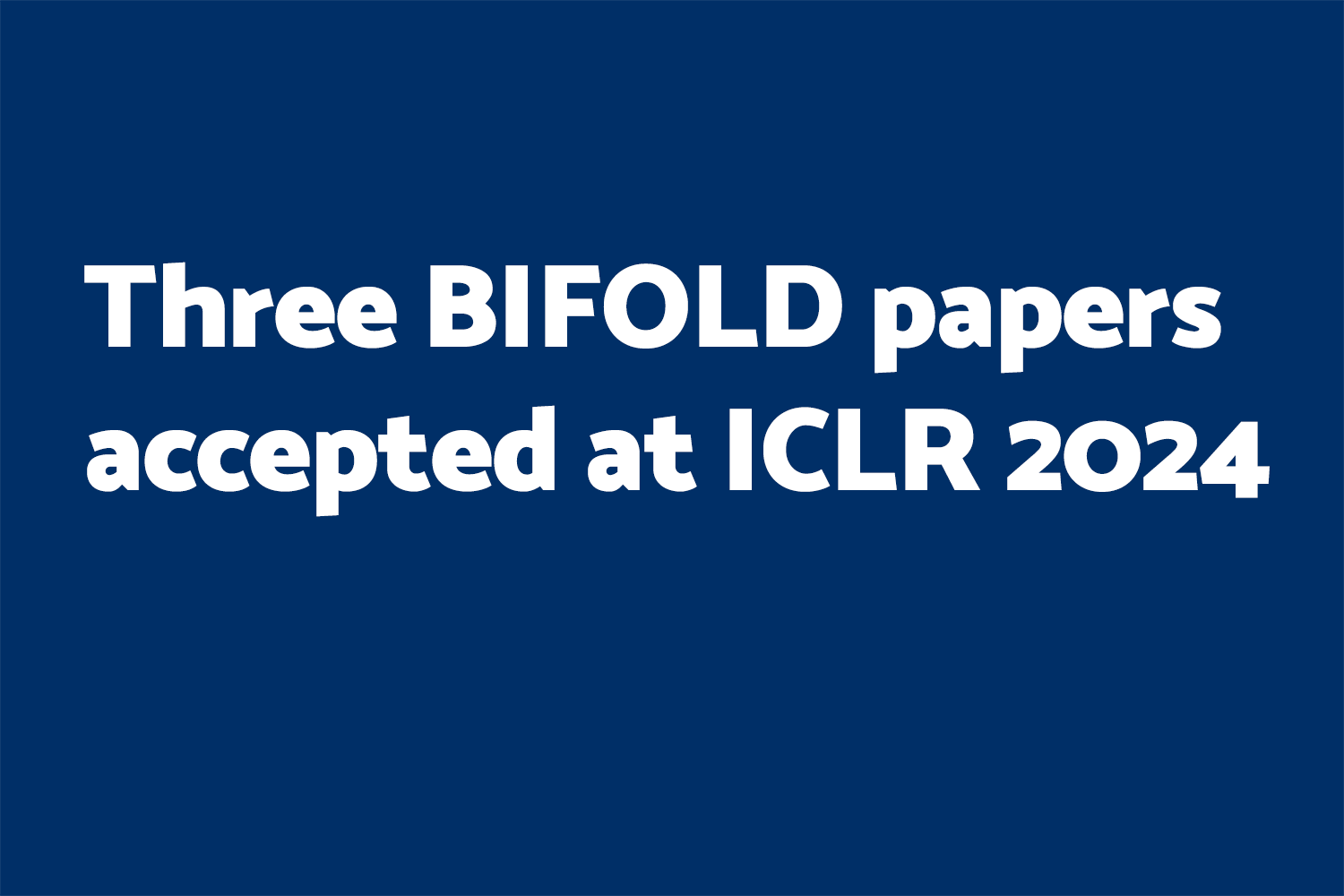
BIFOLD researchers present three papers at ICLR 2024
The International Conference on Learning Representations (ICLR) is a Core-A gathering of experts who are dedicated to advancing a branch of artificial intelligence known as representation learning, which is also called deep learning.
